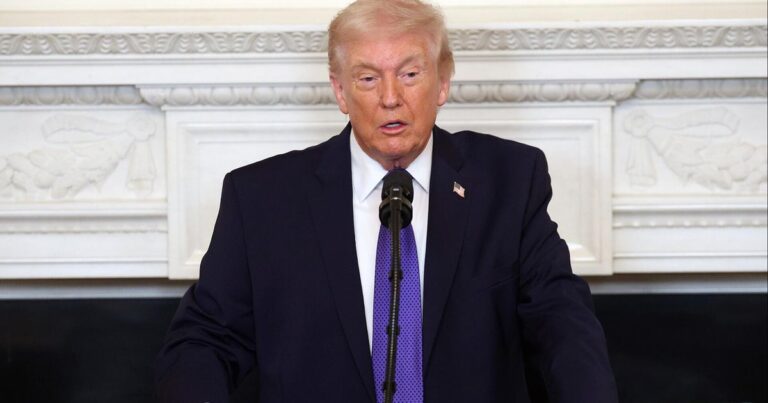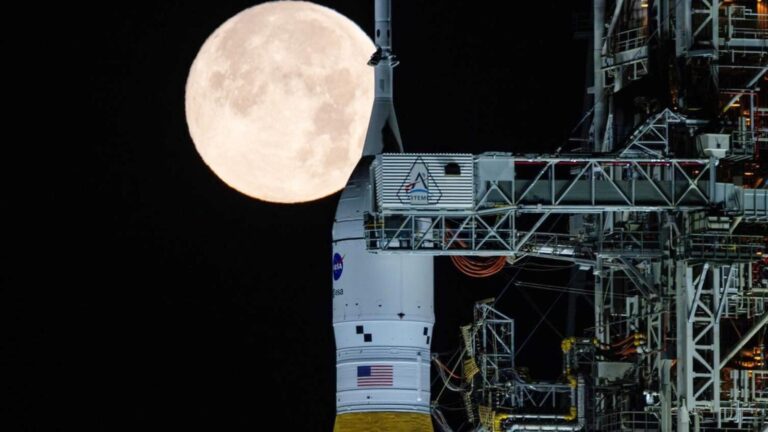
Crypto Dispensers, a Chicago-based operator of Bitcoin ATMs, is considering a potential $100 million sale as its founder faces federal money laundering charges. In a Friday press release, the company announced that it has hired advisors to conduct a “strategic review” and explore buyer interest. Crypto Dispensers mentioned its 2020 shift away from physical ATMs toward a software-driven model, a transition it says was meant to address rising fraud, compliance pressure and regulatory scrutiny. CEO Firas Isa described the sale review as part of the firm’s next growth phase. “Hardware showed us the ceiling. Software showed us the scale,” he said. The crypto ATM operator noted that it may continue operating independently depending on the outcome. There is also no assurance that any transaction will be completed. Related: Bitcoin Depot enters Hong Kong as part of Asia expansion Crypto Dispensers CEO accused of money laundering The potential sale review was announced days after the US Department of Justice unsealed an indictment accusing Isa and the company of facilitating a $10 million laundering scheme. Prosecutors alleged that between 2018 and 2025, Isa knowingly accepted proceeds from wire fraud and narcotics trafficking through the firm’s ATM network. Despite KYC requirements, the DOJ claims he converted the funds into cryptocurrency and moved them to wallets designed to obscure their origin. Both Isa and Crypto Dispensers have pleaded not guilty to the single conspiracy count, which carries a maximum 20-year federal sentence. If convicted, the government could seize assets tied to the alleged scheme. Related: Australia’s financial watchdog may gain power to ban crypto ATMs US cities crack down on crypto ATMs Crypto ATMs have come under mounting pressure from US regulators and local governments amid escalating concerns over fraud. The FBI reported nearly 11, 000 scam complaints tied to crypto kiosks in 2024, totaling more than $246 million, prompting lawmakers to scrutinize the machines’ anonymity and role in enabling illicit activity. Cities are now responding with bans and strict limits. In Stillwater, Minnesota, officials prohibited crypto kiosks after multiple residents lost thousands of dollars to scams, including one incident involving a fake PayPal “overpayment.” Spokane, Washington, followed with a citywide ban in June, citing a surge in scams and calling the machines a “preferred tool for scammers.” Other jurisdictions are choosing restrictions instead of outright bans. Grosse Pointe Farms, Michigan, despite having no active crypto ATMs, imposed a $1,000 daily limit and $5,000 two-week cap on future kiosk transactions to protect residents from potential fraud.
https://cointelegraph.com/news/crypto-dispensers-explores-100m-sale-after-ceo-indictment





